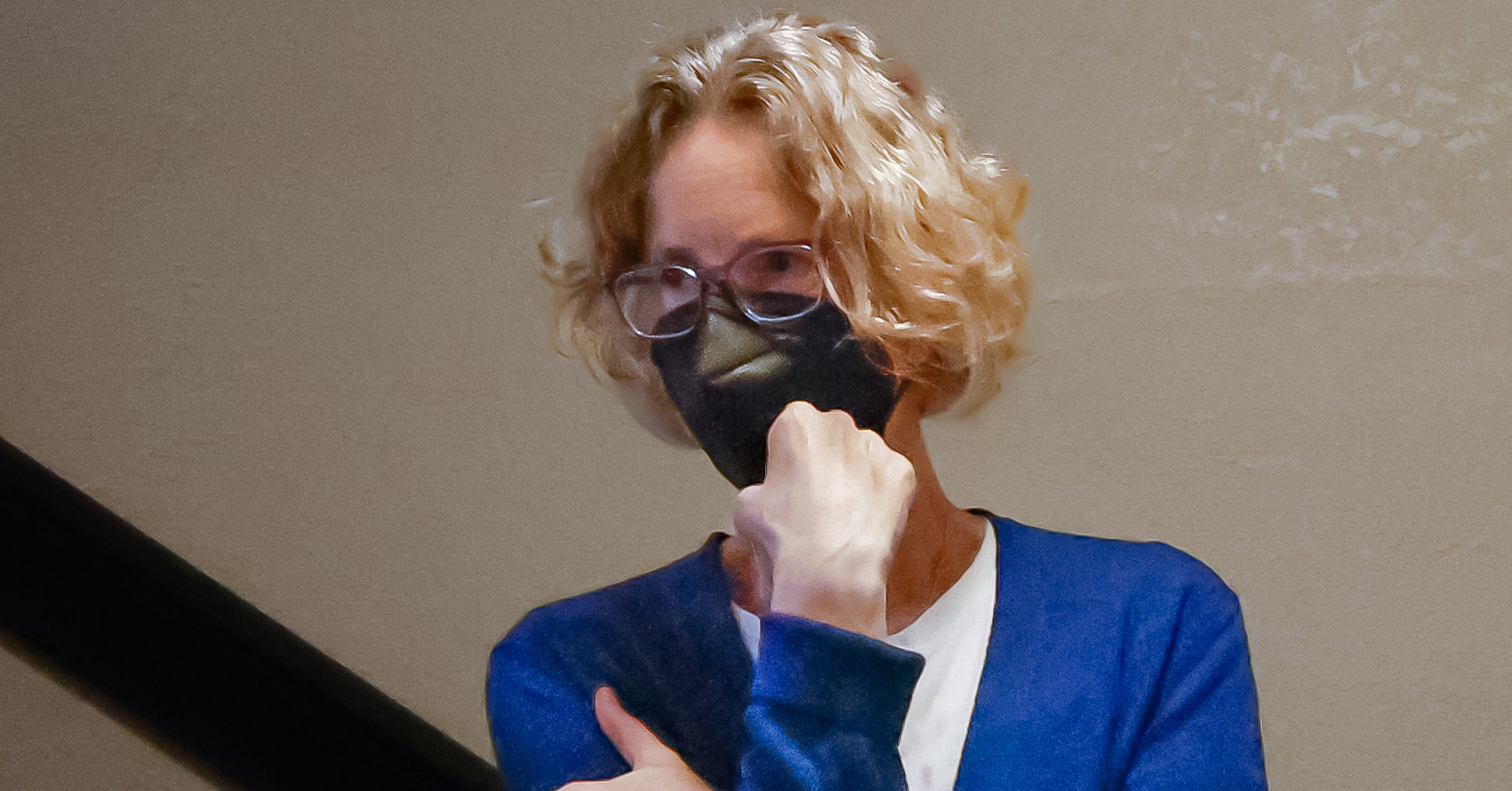Tuesday’s Board of Supervisors meeting lasted just over an hour as members powered through an agenda dominated by humdrum housekeeping items, ranging from adoption of new construction codes to routine acceptance of grants.
That said, roll call provided a look at future steps the board will take to scrutinize the city’s nonprofit partners, including two Community Benefit Organizations (CBOs) mired in financial mismanagement and a double-dipping scandal.
Baker Places Scandal
Supervisor Ahsha Safai has requested a hearing on the affairs at Baker Places and Positive Resource Center (PRC), two CBOs providing drug treatment, behavioral health and other care services at a number of locations around the city in partnership with the Department of Public Health (DPH).
At a June 14 Board of Supervisors meeting, an emergency hearing was held to approve $1.25 million in emergency funding for the two organizations, while demanding answers from the health department, which proved unsatisfactory. The CBOs had asked for $3.2 million in additional funding, alleging that they would have to shut down without it.
The situation at Baker Places/PRC, which has been in the process of a merger since 2016 and in continuing debt, apparently worsened by late September.
DPH’s director of behavioral health services advised a PRC board member that she “felt strongly that it is in the best interest of our clients, the public, and Baker Places/PRC for the City to find alternate care providers,” and urged a six-month transition process toward that end.
At the same time, the CBOs asked the Board of Supervisors for more money, reporting a shortfall of over $4 million. Member Aaron Peskin described the ask as “feeling a little bit like a hostage situation” as services for around 2,000 San Franciscans in need hung in the balance.
On top of everything, reporting by The Standard revealed in mid-October that Lisa Pratt, a top DPH employee, had been holding a side job at Baker Places as an on-call, after-hours “consultant.” Further investigation revealed that Pratt’s side gig had no authorization from the city’s Department of Human Resources and posed a conflict of interest. Pratt resigned from the side job Friday.
In calling for the hearing, Safai said, “It is becoming increasingly clear that (Baker Places/PRC)’s representations were not accurate.” The hearing will also investigate whether there are additional instances of secondary employment by health department employees that present potential conflicts of interest, authorized or not.
Meanwhile, Supervisor Catherine Stefani called for a hearing on the Controller’s Office’s recent performance audit on evaluating the impact of services provided by CBOs, and submitted a drafting request to City Attorney David Chiu for legislation that would implement its recommendations.
The report’s top-line findings identified four factors dealing with siloed metrics, reporting and monitoring requirements, and “decentralized collection and use of misaligned performance data” as impairing the city’s ability to understand the overall effectiveness of provided services.
“The controller’s audit has confirmed what has long been thought to be a problem in our city,” Stefani said. “We need to be doing a much better job of evaluating the programs and the services the city funds and whether they are meeting the needs of the community.”
Stefani has also issued a letter of inquiry to a number of departments over compliance with the confidentiality provisions of the city’s Violence Against Women Act. In announcing the letter, Stefani asserted that she had “heard of some instances where service providers had been asked by city departments to turn over personally identifiable victim information that may put those victims at risk, and are strictly prohibited by the act.”
Housing Headaches and Laguna Honda
Additionally, Supervisor Myrna Melgar called for a hearing on policies at the Department of Housing and Community Development’s Below Market Rate (BMR) Ownership program, in response to reports of pricing and down payment assistance policy changes that have adversely affected participants. Melgar cited a recent report in Mission Local where department policies were blamed for BMR buyers being forced to sell their homes at a significant loss.
Melgar, noting that the program was created by board legislation and that the board ultimately approves its policies, urged a conversation on the issue “so that we can rebuild the trust in the program and ensure that it continues to provide housing opportunities and economic stability for low-income households in San Francisco.”
Melgar also moved for a Committee of the Whole closed session with the city attorney over the recent settlement agreement between the city and the Centers for Medicare and Medicaid Services on Laguna Honda Hospital that allows the facility to hold off on patient transfers until February.
